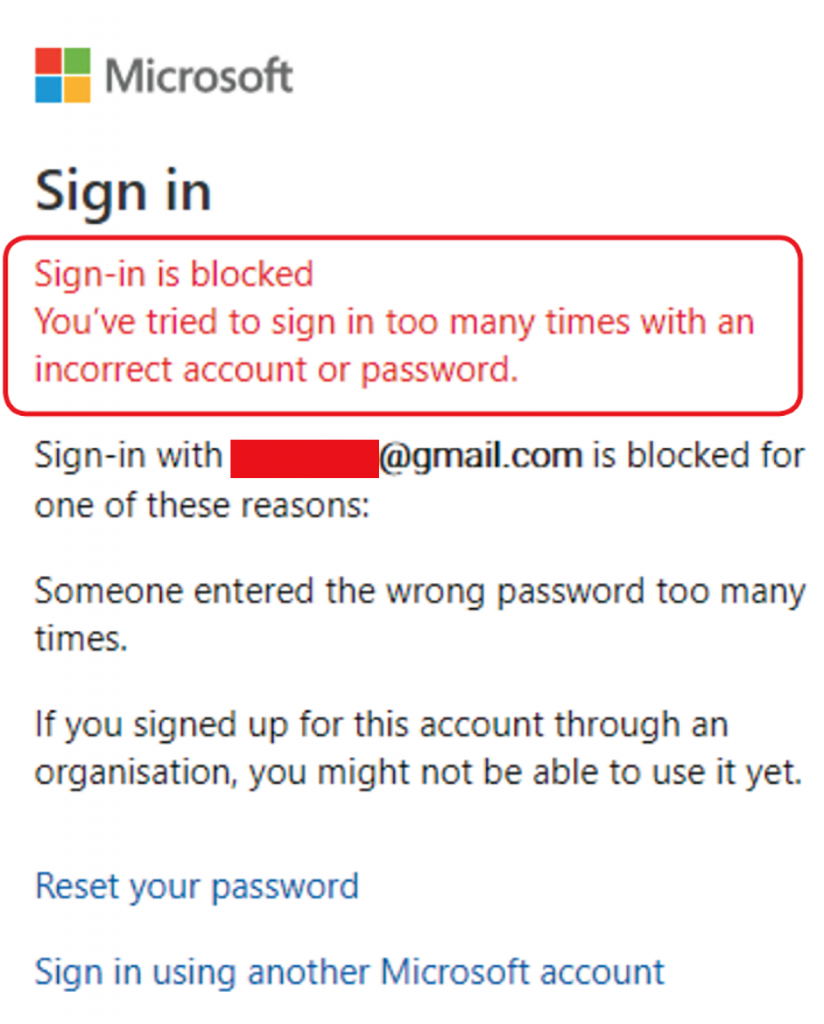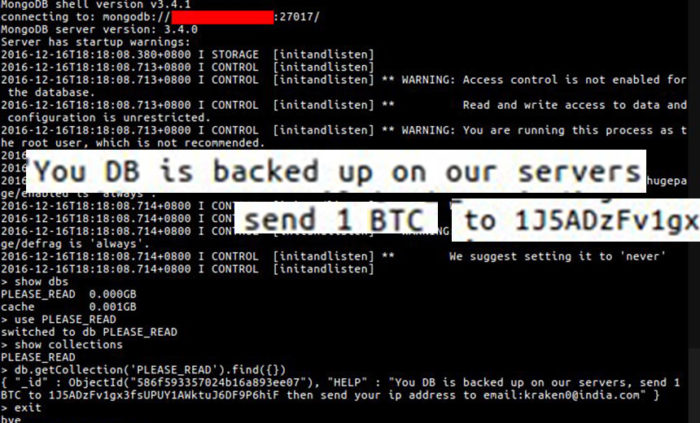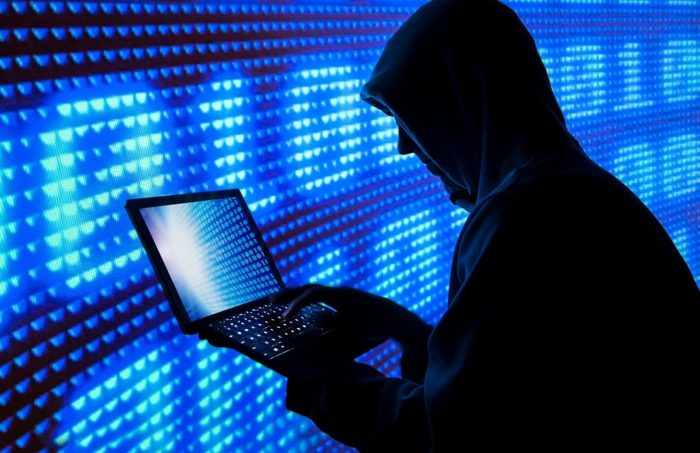Many think of super-serious scandals that you only hear about in the movies when it comes to cyber attacks. But believe it or not, it’s not always as far-fetched as someone going into your place of business and hacking your mainframe computers to open a safe. In the IT world, it’s a lot more than that, and in recent months, it’s becoming a challenging and significant thing that’s happening all over the world.
While it used to be major government organizations and large corporate businesses, and everyday consumers, smaller companies are getting hit harder with cyber attacks. When this happens, it can cost you your business and a lot of money to recover. Fortunately, we’re going to tell you what you can do to spot a cyber attack and how you can recover from one.
Table of Contents
Signs of a Cyber Attack

Being locked out of an account is a good indicator that your password has been stolen and changed due to a cyber attack.
Of course, the standard is that if you notice that someone has stolen and changed a password to one of your accounts, then that’s a giant red flag. One thing you may want to also look for, though, is that you received a password reset email from other websites or that you are getting strange emails (or not getting your emails at all that you would usually get). Your friends and colleagues may even let you know if they get suspicious emails or messages from you.
Other signs of a cyber attack occurring are that your system’s details become compromised, often with hacker tools such as trojans, worms, and even worse – exploits and ransomware. If you notice that your computer’s speed has slowed to a crawl, and you start seeing numerous bits of software installed into your systems, this could be the start of something terrible. If you are also receiving random resets and shutdowns that happen for no reason, you may have someone operating your system remotely.
Blackmail Emails and Ransomware

This ransomware cyber attack claimed to have databases backed up, and if you wanted your info released, you had to pay 1 Bitcoin.
One of the biggest threats to businesses these days – especially with the pandemic making things worse – is ransomware. Hackers are now using programs like Microsoft Word to gain access to your network remotely before installing the ransomware. They’re more apt to install ransomware once they get their hands on your system or use other tools to steal critical information from you or your employees. If your network has been hacked, you may notice that you are losing bandwidth for no reason. Another big thing that’s been happening with cyber attackers these days is cryptocurrency mining. This may affect your network and your systems – and it can fry your CPU very quickly.
Data Mining

Data mining is a lot more harmful than most people think. Once a hacker has stolen your information, it is much easier for them to attempt a cyber attack on you and your network.
If you get a phone call and someone has your information, they may want to scam you. Otherwise, if it’s not a typical scam, and you find out that they have information that you have never provided them, there may be a chance that you got hacked via your network or computer systems. They had to have gotten your phone number to blackmail you with the scam call and phish more information from you.
What Should I Do to Recover From a Cyber Attack?

If you’ve been a victim of a cyber attack, here a few steps you can quickly take to get back on the right track.
Here’s a short-list of things that you need to do if you can answer yes to whether any of the above things have been happening to you recently:
- If you haven’t been locked out of your accounts, change your passwords. This can even be router passwords or network passwords.
- Make sure you set up all of your recovery information – such as recovery emails, phone numbers, and more. You may want to set up 2-factor authentication, but a handful of people find ways even around that.
- Make sure that all of your customers and email clients know that if they receive anything suspicious from you, that you’re working on it. You don’t want to tell them by email – but things like newsletters, phone calls, etc.
- Use a heavy-duty antivirus solution like SentinelOne that can stop the hackers in their tracks, scan your systems, and keep everything as secure as possible.
- You may want to hire your local IT professionals to come in and take a look at everything, then work on recovery as quickly as possible.
The Moral of the Story
As long as you play it safe, you’re still not safe when it comes to the world’s cybersecurity today. More importantly, as long as you have an excellent managed service provider who can take care of you, you actually CAN be safe and secure. Therefore, you may want to give them a call and see what they can put in place for your business. They may even be able to help your remote workers with you and give you a great phone system that can also be just as secure!

